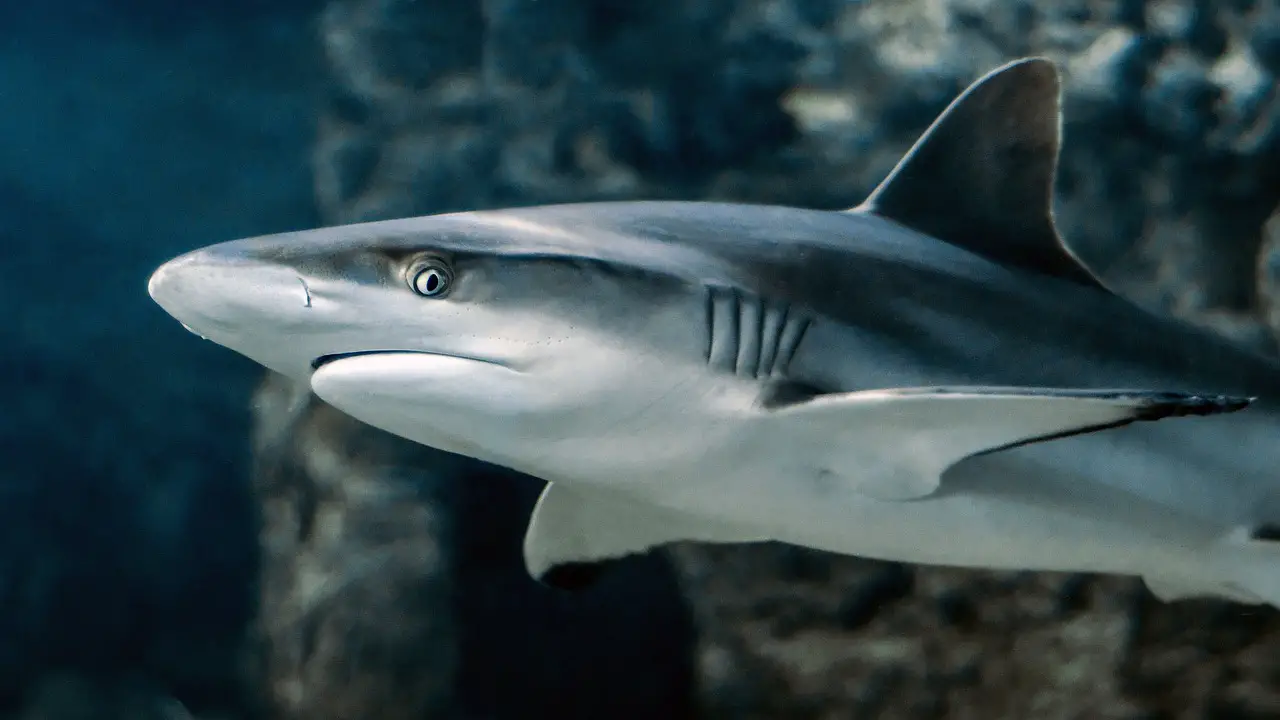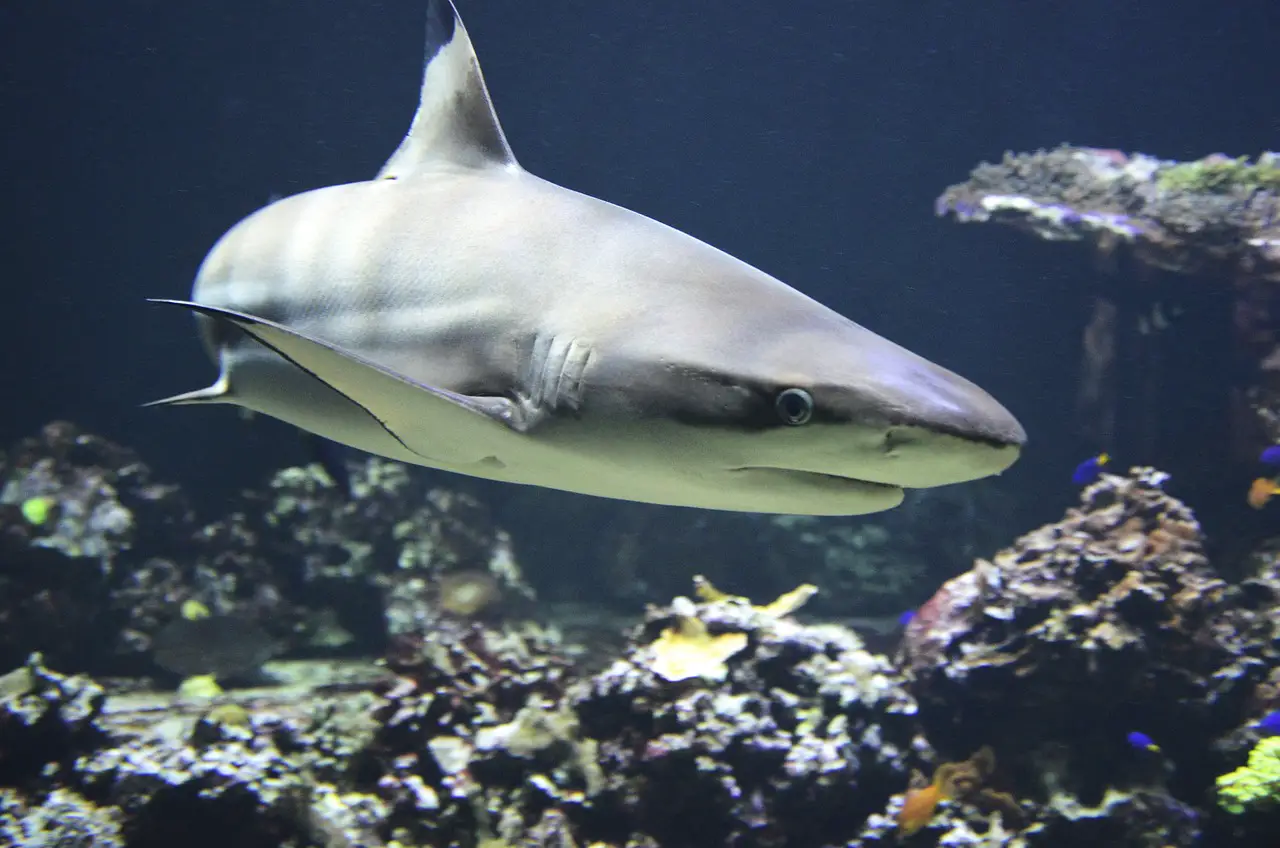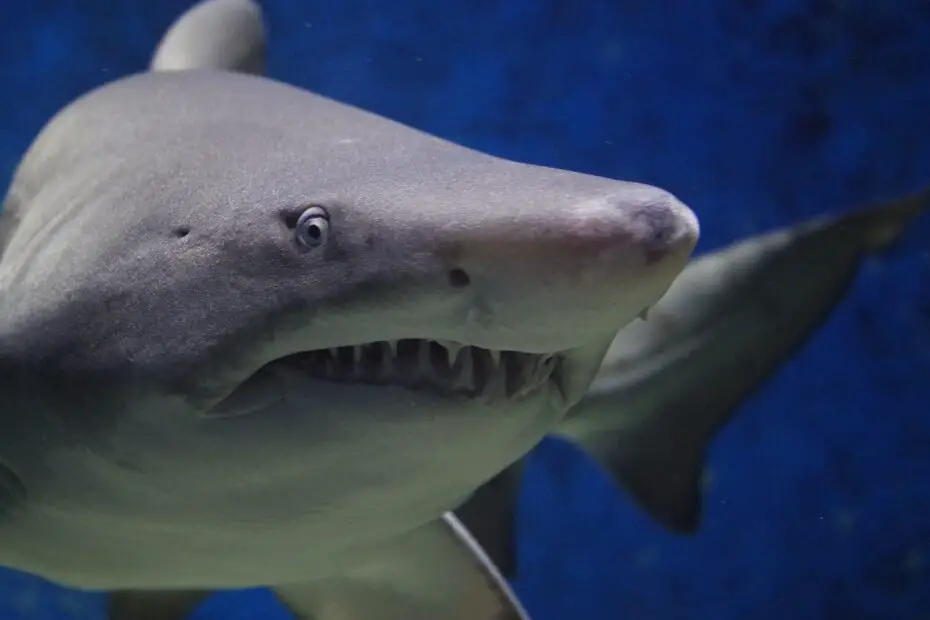Sharks, with their sleek bodies and razor-sharp teeth, have long fascinated and sometimes terrified humans. We often ponder the inner workings of these magnificent creatures, including: Do Sharks Have Tongues? In this article, we will delve into the anatomy of sharks, explore the role of tongues in animals, and ultimately answer the question: Do sharks have tongues?
You may also want to read about shark attacks in California.
The Anatomy of Sharks
Before we dive into the question at hand, let’s briefly examine the fascinating anatomy of sharks. These ancient creatures have evolved over millions of years, adapting to their aquatic environment with remarkable precision.

The Mouth and Teeth
Sharks are renowned for their formidable jaws filled with rows of sharp teeth. Their mouths are positioned on the ventral side of their bodies, allowing them to efficiently capture and consume prey. The teeth of sharks are constantly regenerating, ensuring they have a continuous supply of powerful weapons for hunting.
Lack of Bones and Gills
Unlike most fish species, sharks do not possess bones. Their skeletons are made up of cartilage, a flexible and lightweight tissue. This unique adaptation allows them to move through the water with agility and speed. Additionally, sharks have gills located on the sides of their heads, enabling them to extract oxygen from the water as they swim.
Unique Senses
Sharks possess a remarkable array of senses that aid them in locating prey and navigating their surroundings. These include their keen sense of smell, powerful vision in low-light conditions, and specialized receptors that detect electromagnetic fields. These sensory adaptations contribute to their status as apex predators.
The Role of the Tongue in Animals
In many animals, the tongue serves various important functions. It aids in the manipulation of food, assists in swallowing, and plays a role in vocalization. The tongue also plays a crucial role in taste perception, allowing animals to differentiate between different flavors and textures.
Do Sharks Have Tongues?
Now, let’s address the question that brought us here: Do sharks have tongues? The answer is both straightforward and intriguing.
The Structure of a Shark’s Mouth
While sharks do possess an oral cavity, their anatomy differs significantly from that of many other animals. Rather than a soft, muscular tongue, sharks have a structure called the basihyal. The basihyal is a rigid plate located on the floor of the mouth. It helps support the jaws and allows for efficient suction during feeding.
The Function of Papillae
Although sharks lack a traditional tongue, they have small, tooth-like structures called papillae lining the floor of their mouths. These papillae are covered in tiny, backward-facing projections that help guide food towards the esophagus. While not the same as a tongue, these papillae assist in the movement and manipulation of prey during feeding.

How Sharks Feed Without a Tongue
Sharks are primarily suction feeders, meaning they use negative pressure to draw prey into their mouths. They rely on their powerful jaws and the expansion of their pharynx to create this suction force. The absence of a tongue does not hinder their ability to capture and consume prey effectively. Instead, their specialized feeding adaptations, including their unique jaw structure and rows of sharp teeth, enable them to be highly successful hunters.
The Evolutionary Adaptations of Sharks
The absence of a tongue in sharks is just one of many evolutionary adaptations that have contributed to their success as apex predators. Over millions of years, these remarkable creatures have undergone significant changes to their anatomy and behavior, allowing them to thrive in diverse marine environments.
Misconceptions About Sharks
Unfortunately, sharks have often been portrayed in a negative light in popular media, leading to misconceptions and fears surrounding these incredible creatures. It is crucial to separate fact from fiction and understand the important role sharks play in maintaining the balance of marine ecosystems.
Popular Media Portrayals
Movies and documentaries sometimes depict sharks as mindless killing machines, perpetuating a negative image that does not accurately represent their behavior. While sharks are indeed powerful predators, they are essential to maintaining the health and biodiversity of the oceans.
The Importance of Accurate Information
Education and awareness are key to dispelling misconceptions about sharks. By understanding their biology, behavior, and vital ecological role, we can foster a greater appreciation for these magnificent creatures and work towards their conservation.
Conclusion
In the realm of sharks, tongues as we commonly understand them do not exist. Instead, these apex predators rely on a unique combination of anatomical adaptations, such as the basihyal and papillae, to facilitate feeding and capture prey effectively. Understanding the anatomy and behaviors of sharks allows us to appreciate their incredible adaptations and dispel common misconceptions. Sharks, with their awe-inspiring presence in the marine world, continue to captivate and inspire awe in those fortunate enough to encounter them.
Frequently Asked Questions (FAQs)
Q1: Can sharks taste their food without a tongue? Sharks have taste buds located throughout their mouths, including on their papillae. While they do not possess a traditional tongue, these taste buds allow them to detect and differentiate between various flavors and textures.
Q2: How do sharks eat without a tongue? Sharks are suction feeders, using the expansion of their pharynx and the movement of their jaws to create a suction force that draws prey into their mouths. The absence of a tongue does not hinder their ability to capture and consume prey effectively.
Q3: Are there any other animals that lack tongues? Yes, there are several animal species that lack tongues or have modified structures in place of a traditional tongue. Examples include certain species of fish, birds, and reptiles.
Q4: Do sharks have any adaptations that compensate for the lack of a tongue? Yes, sharks have evolved various adaptations that contribute to their feeding efficiency. These adaptations include their unique jaw structure, rows of sharp teeth, and specialized papillae that aid in the movement and manipulation of prey during feeding.
Q5: What is the importance of sharks in marine ecosystems? Sharks play a crucial role in maintaining the balance of marine ecosystems. As apex predators, they help regulate the populations of other marine species, ensuring the health and biodiversity of oceanic habitats.
